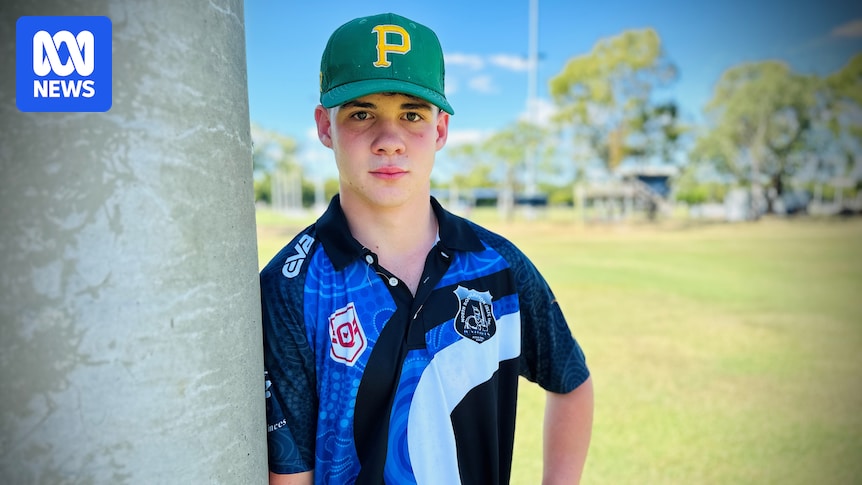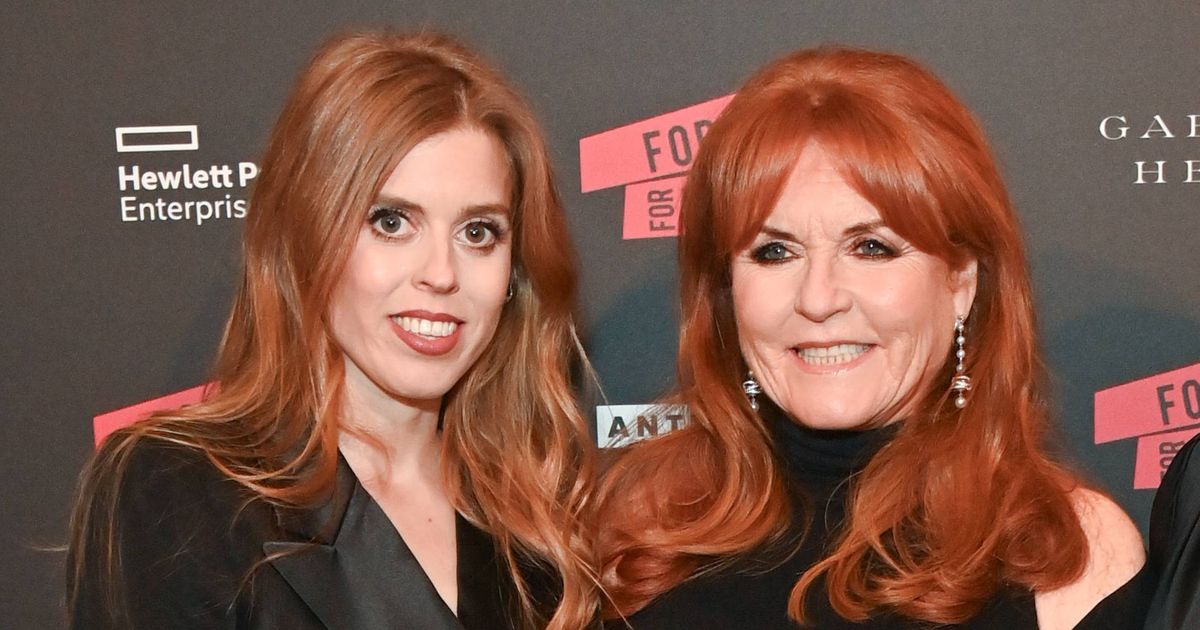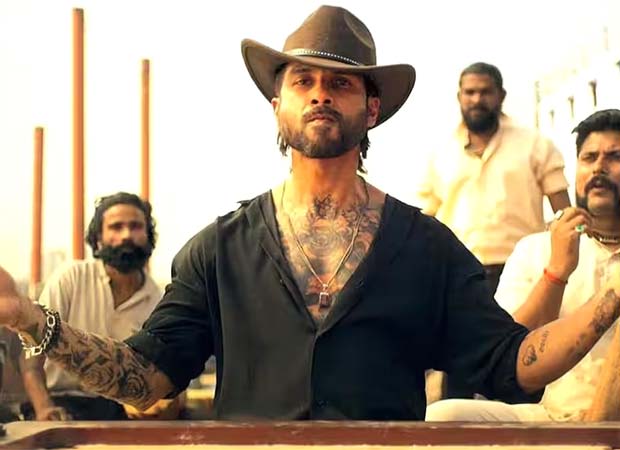
Riley Mansfield, a promising teenage rugby player from Queensland, has made the heart-wrenching decision to retire from the sport at just 15 years old. This decision comes after he suffered repeated concussions, raising alarms about the safety of young athletes in contact sports.
Mansfield, who had dreams of playing for the North Queensland Cowboys like his idol Johnathan Thurston, was on a promising path, participating in the elite Dolphins Cup competition. However, the toll of multiple head injuries has forced him to hang up his boots prematurely.
“I wish I could play every time I watch the footy on TV at home … I’m like, ‘God, I miss it,'” Mansfield expressed, reflecting on his love for the game and the difficult decision to step away.
Concussion Concerns and Parental Worries
Riley’s mother, Kristy Mansfield, shared the severity of her son’s injuries, describing how he endured weeks of vomiting and sickness following his concussions. “He was suffering significant kinds of symptoms, so very, very light sensitive, noise sensitive, severe headaches,” she explained.
The family faced a challenging period as Riley had to be gradually reintroduced to normal activities, including school. “As a mum, it’s been hard because just knowing how much your son loves football and playing and he’s such an active kid,” Kristy added.
Experts Call for Tackling Age Restrictions
The Mansfield family’s experience underscores a broader debate within the sports community about the appropriate age for children to engage in tackling. Dr. Joel Garrett, a lecturer in exercise science and physiology at Griffith University, has been vocal about delaying tackling in sports until children are at least 12 years old.
“One of the big reasons is they have obviously a larger head and weaker neck muscles, which puts them at a little bit more risk of some of those rotational linear forces,” said Dr. Garrett.
Dr. Garrett emphasized that the developing brains of young athletes might be at greater risk of long-term harm. He advocates for a structured progression to full-contact tackling, rather than an outright ban.
A Family’s Deja Vu and the Path Forward
For the Mansfield family, Riley’s latest concussion was eerily reminiscent of his father Andrew’s own experience. Andrew Mansfield suffered a broken neck on the same football field in Mackay at the age of 15, which ended his playing career.
“That was my last game of footy,” Andrew said. “I was the width of a piece of hair to not walking ever again.”
After consulting with neurologists in Brisbane, Riley has been advised to avoid contact sports for at least five years. Kristy Mansfield hopes that sporting codes across Australia will continue to evolve in their approach to concussion management.
“Riley’s grown up with footy and it’s great to see that the sport is taking it seriously and ensuring that the players are taking the time out they need to be able to recover before they go back and play again,” she remarked.
New Horizons in Softball
With his rugby dreams curtailed, Riley has redirected his athletic talents to softball, where he has already achieved state and national team selection. Every weekend, he joins his parents on the softball diamond, showcasing his skills in a new arena.
“He’s got a massive future [in softball] and can whack a golf ball too … but still can’t out drive Dad yet,” Andrew Mansfield said with a smile.
As Riley Mansfield navigates this new chapter, his story highlights the critical discussions surrounding youth sports safety and the importance of safeguarding young athletes’ futures.





